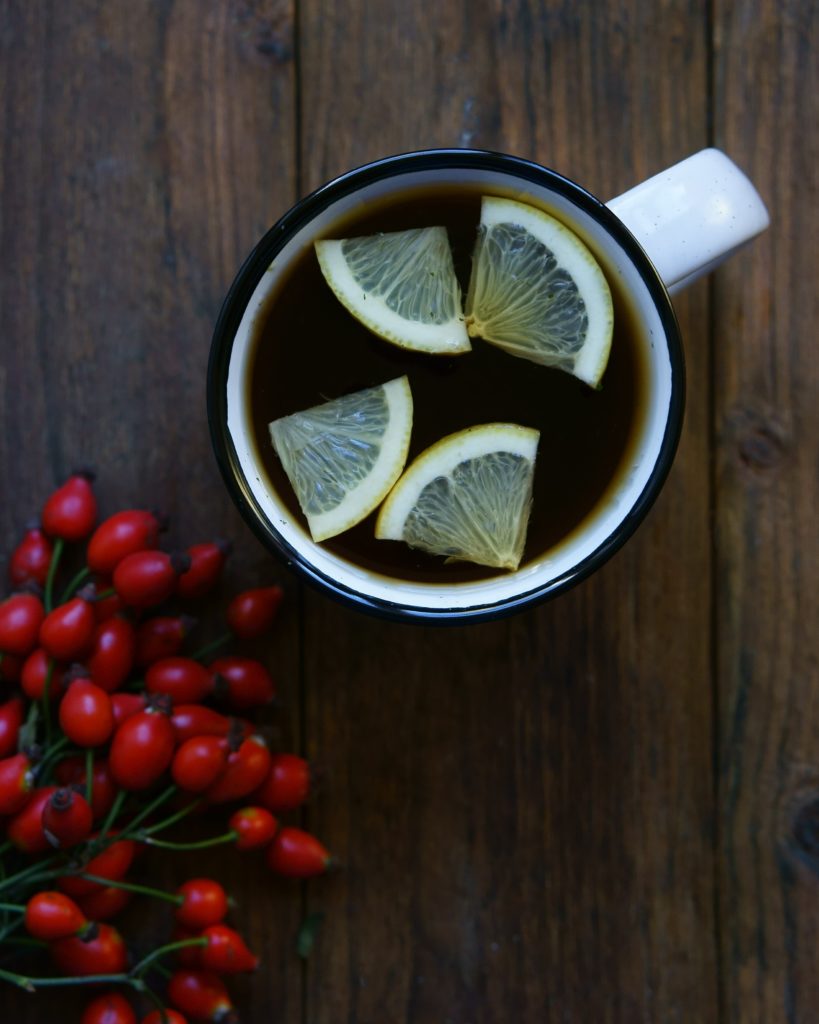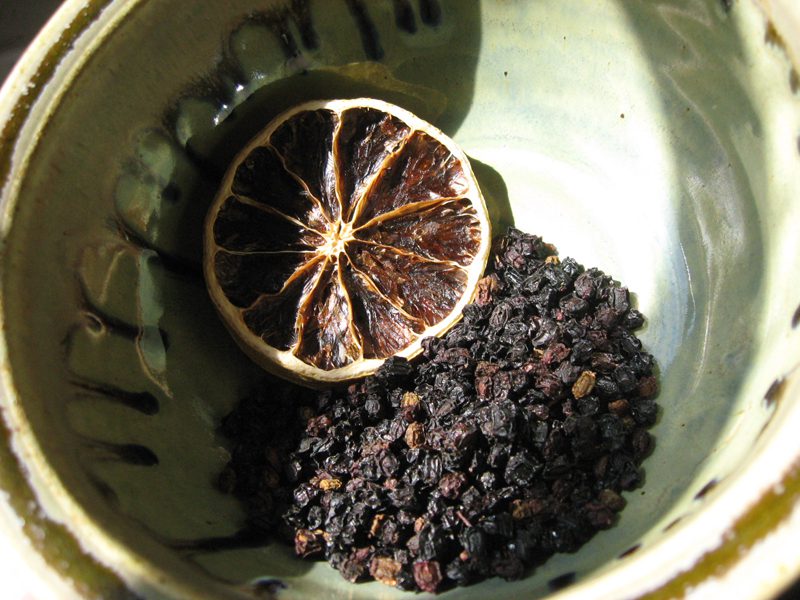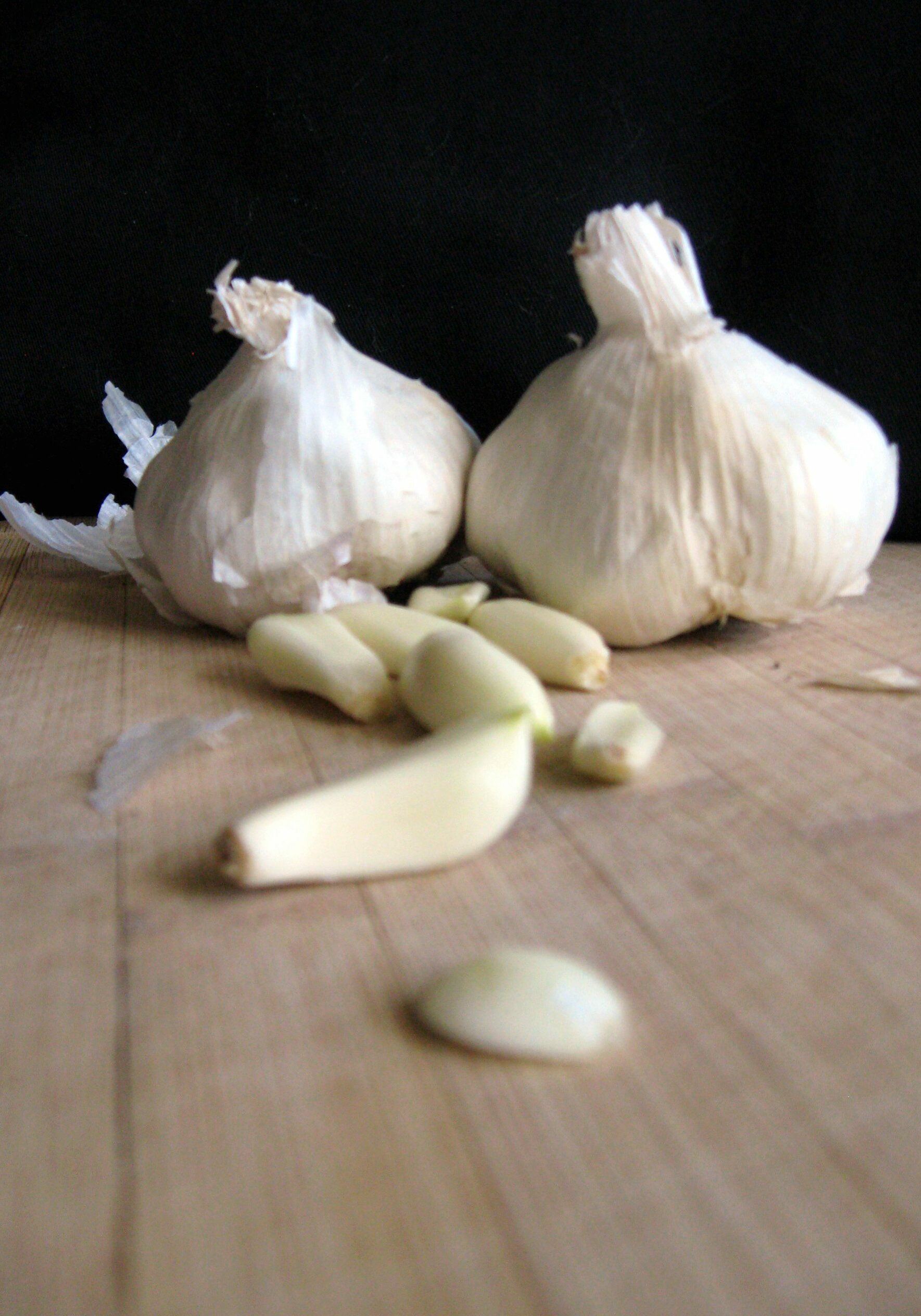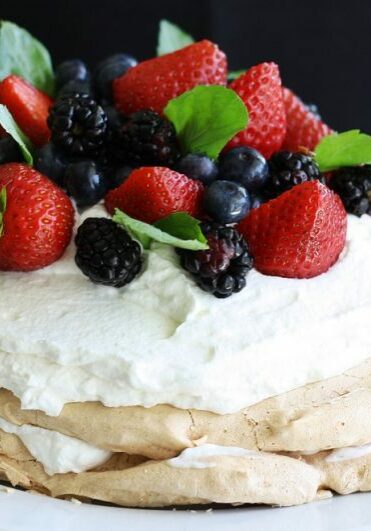Ask A Pixie, Blog, Herbal Recipes, Herbalism, Recipe Box
Recipe Box: Herbal Cough Syrup (Infusion)
Amber Shehan • February 13, 2014
Here's a simple technique for making a cough syrup with lung-friendly herbs and honey. What herbs do you like to use for lung health?

It has been a doozy of a winter. It isn’t just colder than usual, but it is also very wet and wildly fluctuating temperatures. This sort of combination has kept even some of my healthiest friends prone to repeated illnesses. My dearest beloved has been sick with lung and sinus issues twice now despite our daily vitamins, herbal tea, and fire cider shots.
The remedy that has worked the best to curb his symptoms and shorten the duration of his cough is regular doses of warmed herbal cough syrup. Here is one way that I make it, with a list of suggested herbs to add. As usual, there aren’t many quantities listed, as I’m a handful and pinch sort of person.

Homemade Herbal Cough Syrup – the Infusion Method
My list of suggested herbs to add is in a list below this recipe!
- Set a pot on the stove and add two cups of water. Turn it on medium-high, add hard herbs, roots, and dried berries, and bring it up to a boil. Woody or solid dried herbal plant matter will need more time in the heat to release their oils.
- Once it boils, lower the heat to a simmer and let it reduce until it is halved.
- Next, add the dried herbs and flowers to the simmering liquid and put a lid on it. Remove the whole pot from heat. These lighter, aromatic plants do not need to be boiled! Let it steep for at least 15 minutes.
- Strain the liquid into a measuring cup and squeeze the herbs to get all the goodness that you can out of it! Add the spent herbs to your compost pile, if you have one.
- Measure the amount of liquid you have and return it to the pot. Add half that measurement of honey. Local, raw honey is best but store-boughten will do fine! Stir to dissolve the honey, warming it gently if you need to, but don’t boil it.
- Pour it into a clean bottle and label it well! I use old liquor bottles or swing-top bottles for this.
You can pour a small cup of it for immediate use, but store the bottle in the fridge and use it up within a day or two. You can extend the shelf life by a few days by adding a solid slug of brandy, vodka, or whiskey. The booze boosts the relaxation and sleep-inducing properties of the cough syrup, as well as being a killer o’germs. (I’ve even been known to gargle bourbon. Desperate times call for desperate measures.)
Label, date, and store your cough syrup in the fridge. To serve, pour out a small bit at a time, and reheat it for maximum benefit. If I’m at home, with no plans to drive or do anything other than rehabilitate, I will drink up to six of those small cups each day.
Love Tea? Shop my picks for Tea Time Treats!

Suggested Herbs
These are plants that I have used in the past, based on what I had on hand. The recipe changes every time, depending on the needs of the people who need the syrup. I know there are options I’ve missed, and I’d love to hear your suggestions in the comments. What do you use for coughs? Why?
Roots & Berries
Osha Root: I used one-inch length of a thin, dried root, pounded in the mortar and pestle. Osha is also known as Bear root, a wonderful and potent healer. It encourages the expulsion of mucus from the lungs, making coughs more productive. It also encourages increased blood-flow to the lungs and has antiviral and antibacterial properties. Unfortunately over-harvested, Osha is in limited supply. Please use judiciously! Mountain Rose Herbs is a great source due to their sustainable harvesting requirements.
Fenugreek: I used a small handful, close to 1 tablespoon of whole seeds. This seed helps to create new mucus and flush out old. It works as an expectorant and antispasmodic to loosen phlegm and soothe chronic coughs. It is also known for its effects on increasing lactation, and it smells of maple syrup.
Elderberries: I used a medium handful, about 2 tablespoons, of dried berries. Dried elderberries are a staple in my herbal cabinet. They are a native plant to this area and are a fantastic ally for lung problems. They have anti-inflammatory and antiviral properties, as well as being quite tasty. I make an elderberry tincture and cordial each year.
Cinnamon: A stick of cinnamon helps with flavor, of course. But cinnamon is also an appetite stimulant and helps with bloating and gas pain. The reason I include it in this tea is for its antibacterial and warming properties.
Ginger: varies, sometimes I use a little, other a lot. Here’s my profile of ginger – I love it! Ginger warms the blood, sets the stomach to ease, opens the sinuses, and tastes amazing when paired with honey. It also helps with the appetite and masks the intensity of some of the more bitter herbs.

Herbs & Flowers
Elderflowers: one large handful of dried flowers. Like the berries, the elderflowers are good medicine. Both relieve swelling in the mucous membranes. Elderflower is a diuretic, and it increases sweating – useful when trying to break a fever.
Mullein: one medium handful of dried leaves and flowers. Lovely, fuzzy mullein. It is wonderful for lung complaints, and also has very slight sedative properties. It is mucilaginous, and yet also an astringent, which helps with the moist lung tissues.
Catnip: one large handful of dried catnip flowers and leaves. Catnip leaves and flowers are quite good at helping with coughs and colds, as it increases sweating without raising the body temperature any higher. I love catnip enough that I’ve written up a profile: Let’s Talk About: Catnip
Citrus fruit: the exact format varies, but I most often use a slice or two of dried lemon, lime, or orange. They taste great and are full of vitamin C. Dried citrus peels also have a nice bitters effect on a sick tummy. Add freshly squeezed lemon, lime, or orange juice for an extra boost and sweetness.
Horehound: about a tablespoon of the dried herb. Horehound is best known as a rather bitter candy, but it is actually more effective the more bitter it tastes. It is an expectorant, great helper for coughs that are rattly and unproductive, as it aids with pulling old phlegm together and moving it up and out.
Mint: one medium handful of dried herb. Whether it is peppermint, spearmint, or the unknown wild mint variety that grows in my yard, the fresh and clean scent and flavor of mint are heartening to the spirit as well as soothing to the sinus. Stick your nose over a cup of mint tea and breathe deeply – feel the sinuses respond. (More about mint!)
There are so many more herbs for coughs and colds that I’ve not listed here…so learn. Research. Experiment safely, and spend time with the plants that call to you. Enjoy the process!
Get updates from Pixie's Pocket: brewing and herbs in your inbox:
Posted In Ask A Pixie, Blog, Herbal Recipes, Herbalism, Recipe Box
Tagged: catnip, cinnamon, cough, elderberry, elderflower, fenugreek, herbalism, herbs, infusion, mountain rose herbs, mullein, osha, recipe, recipes, sick
Amber Shehan
Hi! I'm Amber Pixie, and this is my site. Enjoy the recipes, information, posts, and please feel free to message me if you have questions!





[…] reading about making herbal cough syrup, D.C. wrote in and […]
[…] Herbal Cough Syrup from Pixie’s Pocket […]
[…] drink it down just like that, or you can add dried or candied ginger to your teas, as in my Herbal Cough Syrup recipe. I also add it to my Fire Cider […]
[…] is a guide to the different herbs you can use to make your own cough syrup based on your specific […]
[…] Cough Syrup Infusion […]
[…] is a guide to the different herbs you can use to make your own cough syrup based on your specific […]
[…] is a guide to the different herbs you can use to make your own cough syrup based on your specific […]
I love your blog….I am always learning something new, and useful. Love this recipe…thanks a bunch 🙂
Thank you, Maureen, that’s so kind of you! 🙂 I hope you don’t need to use that recipe this fall.
[…] is a guide to the different herbs you can use to make your own cough syrup based on your specific […]